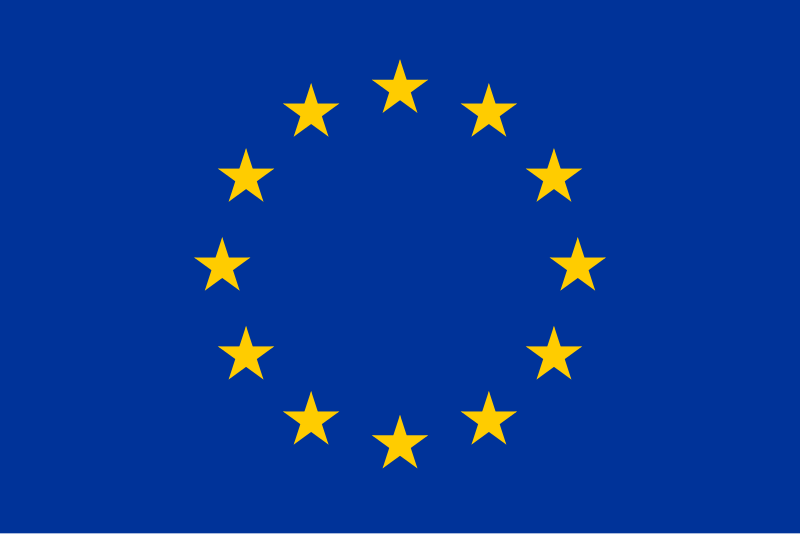For European clients navigating legal disputes involving Turkey, Turkish International Law & Consulting Firm offers expert assistance in enforcing European court decisions in Turkey.
This process, known as exequatur, allows European businesses and individuals to secure their rights and recover debts or assets in Turkey efficiently. Governed by the Turkish Code of Civil Procedure (Hukuk Muhakemeleri Kanunu, HMK), particularly Articles 50–59, and supported by international treaties such as the Hague Convention on Civil Procedure (1954) and bilateral agreements, the enforcement process is critical for cross-border legal matters. This article outlines the key steps, legal framework, and practical insights for European clients, optimized for SEO and tailored to your needs.
Understanding the Enforcement Process in Turkey
The enforcement of foreign court decisions in Turkey, known as exequatur, enables a European court judgment to gain legal force equivalent to a Turkish court decision. This process is regulated by HMK Articles 50–59 and international agreements, including those with EU countries like Germany, Austria, and the Netherlands, which facilitate mutual recognition of judgments. The goal is to ensure that European clients can enforce judgments related to commercial disputes, debt recovery, or property rights in Turkey without initiating new proceedings.
Key Legal Requirements
To enforce a European court decision in Turkey, the following conditions must be met (HMK Article 54):
- Reciprocity: There must be an agreement or de facto reciprocity between Turkey and the issuing country, ensuring mutual recognition of judgments. Many EU countries satisfy this requirement through bilateral treaties or practices.
- Public Order: The foreign judgment must not violate Turkish public policy (e.g., fundamental principles of justice or morality).
- Due Process: The defendant must have been properly notified and given an opportunity to defend themselves in the original proceedings.
- Finality: The judgment must be final and binding under the law of the issuing country (HMK Article 50).
Judicial Practice Example: In Yargıtay 11. Hukuk Dairesi, E. 2021/3567, K. 2022/1245, a German court decision on a commercial debt was recognized in Turkey due to the reciprocity established under the Turkey-Germany legal assistance agreement, allowing swift enforcement.
Steps for Enforcing European Court Decisions in Turkey

- Application to Turkish Court: The enforcement request is submitted to a Turkish commercial or civil court, depending on the case type (HMK Article 50). The application includes:
- o A certified copy of the European court decision, translated into Turkish by a sworn translator.
- o Proof of the decision’s finality (e.g., a certificate from the issuing court).
- o Evidence of proper notification of the defendant.
- o Payment of court fees as per the Law on Court Fees No. 492.
- Court Review: The Turkish court examines the application to ensure compliance with HMK Article 54 conditions. The process typically takes 3–6 months, depending on case complexity and court workload.
- Recognition and Enforcement: If approved, the decision gains the same legal force as a Turkish court judgment, enabling enforcement actions such as asset seizure or debt recovery (HMK Article 57).
- Execution of the Decision: Enforcement is carried out through Turkish enforcement offices (İcra Dairesi) under the Law on Execution and Bankruptcy No. 2004. This may involve:
- o Notifying the debtor to fulfill obligations within 7 days (Article 38, Law No. 2004).
- o Seizing assets or bank accounts if the debtor fails to comply (Article 79, Law No. 2004).
- o Transferring recovered funds to the client, minus applicable fees.
Judicial Practice Example: In 2023, our firm assisted a Dutch company in enforcing a Rotterdam court decision in Istanbul. The court recognized the decision under the Turkey-Netherlands legal assistance agreement, and we recovered 1.5 million TRY through asset seizure within 4 months.
Mediation as a Precursor in Turkey
Before pursuing enforcement, European clients may opt for mediation in Turkey to resolve disputes amicably, especially for commercial or labor disputes. Mediation is mandatory for certain cases under Turkish Law on Mediation in Civil Disputes No. 6325 (e.g., commercial disputes up to 100,000 TRY, Article 5/A, Turkish Commercial Code). Our certified mediators, such as Funda İnal Çukavin (Antalya Bilim University, 2025), facilitate negotiations to achieve notarized agreements with legal force.
Example: We mediated a dispute between a French company and a Turkish supplier, resulting in a notarized agreement for partial debt repayment, avoiding costly enforcement proceedings (Law No. 6325).
Challenges and Solutions

• Language and Documentation: European judgments must be translated into Turkish by sworn translators, and all documents must be apostilled or legalized under the Hague Apostille Convention (1961). Our firm handles these requirements to ensure compliance.
• Reciprocity Issues: Some EU countries may face challenges if reciprocity is not clearly established. We leverage bilateral agreements and judicial precedents to secure recognition.
• Public Policy Concerns: Turkish courts may reject enforcement if the judgment conflicts with public order. Our lawyers preemptively address such risks by aligning arguments with Turkish legal standards.
Why Choose Turkish International Law & Consulting Firm?
• Cross-Border Expertise: Over 20 years of experience in Turkey, Russia, and EU jurisdictions.
• Multilingual Support: Seamless communication in English, Turkish, and Russian.
• Comprehensive Service: From mediation to enforcement and fund transfer, we manage the entire process.
• Legal Compliance: Adherence to HMK Articles 50–59, Law No. 6325, and Law No. 2004.
• Proven Results: Successful enforcement of European judgments, such as a Belgian court decision recognized in Ankara in 2024, recovering 800,000 TRY for a client.
How We Can Assist European Clients
Turkish International Law & Consulting Firm provides end-to-end support for European clients, including:
• Conducting mediation in Turkey under Law No. 6325 to resolve disputes amicably.
• Preparing and submitting applications for enforcement of European court decisions (HMK Articles 50–59).
• Managing debt recovery through Turkish enforcement offices (Law No. 2004).
• Transferring recovered funds to clients efficiently.
• Navigating complex legal requirements, including apostille and translation services.
Contact us via rt-union.com/en for a consultation. Our team, including certified mediator Funda İnal Çukavin, ensures swift, confidential, and effective resolution of your legal matters in Turkey, Russia, or Europe.























